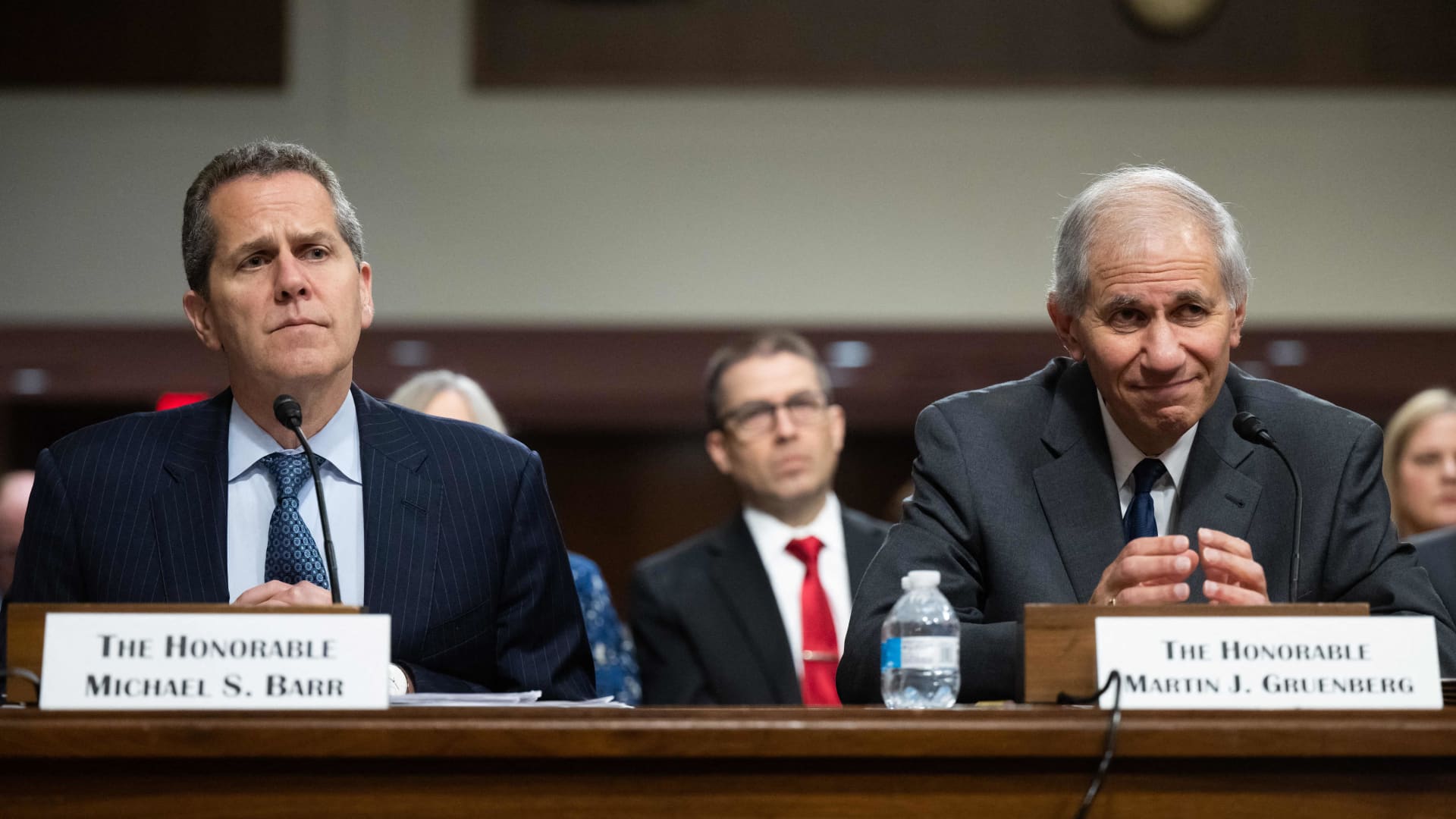Dark matter is undetectable by normal means, as it neither emits nor reflects light. However, its existence can be inferred through its gravitational influence on other objects that are more detectable. By mapping this influence, we can map the existence of dark matter.
Christopher Nolan’s film “Oppenheimer” traces the story of J. Robert Oppenheimer, who played a significant role in the development of atomic warfare. The film reveals the hidden complicity of humanity that made the creation of the atomic bomb possible, leaving the audience feeling implicated as well.
This unsettling feeling explains why many viewers find the ending of the film profoundly disturbing. It doesn’t necessarily provide new information about the atomic age, as most people watching the movie are already aware of the horrors of nuclear war. Instead, “Oppenheimer” draws attention to a more unsettling truth about the driving forces behind the systems we live in and the dangerous consequences that arise when those systems spiral out of control.
Unlike most Hollywood blockbusters that create a clear distinction between the heroes onscreen and the ordinary audience, ”Oppenheimer” invites the audience to judge themselves alongside the characters in the film. (Spoilers for “Oppenheimer” will follow).
A hero who doesn’t defuse the bomb
The first part of “Oppenheimer” follows the typical structure of a Hollywood biopic about a great man. We witness the hero’s struggles and misunderstandings, such as Oppenheimer’s awkwardness as a graduate student and his anger at being humiliated by his tutor. Then, his genius shines through as he impresses a renowned physicist with his questions and learns Dutch in a remarkably short time.
The hero’s call comes when the U.S. military seeks to build a weapon to defeat the Nazis, and they choose Oppenheimer for the task. With great determination, he gathers resources and pushes the boundaries of scientific knowledge to construct the atomic bomb.
However, as the audience becomes emotionally invested, the hero narrative begins to crumble. Other scientists raise important questions: Why continue working on the bomb after the Nazis’ defeat? Why use it against Japanese civilians instead of demonstrating its power to the Japanese government?
Suddenly, a ticking bomb emerges: the countdown to the Trinity test, the first detonation of an atomic bomb.
Years of action films have conditioned moviegoers to expect the hero to defuse the bomb just in time. However, in “Oppenheimer,” the film’s apparent hero doesn’t stop the bomb; he sets it off.
As the horrifying consequences unfold, first with the bombings of Hiroshima and Nagasaki and then with the arms race against the Soviets, the hero narrative turns against the audience: Look at what happened when the hero did what the audience wanted.
Suddenly, we are no longer in Hollywood’s simplistic good versus evil narrative, but in the real world, where seemingly ”good” actions can have devastating effects.
2023-07-27 12:48:38
Post from www.nytimes.com





















